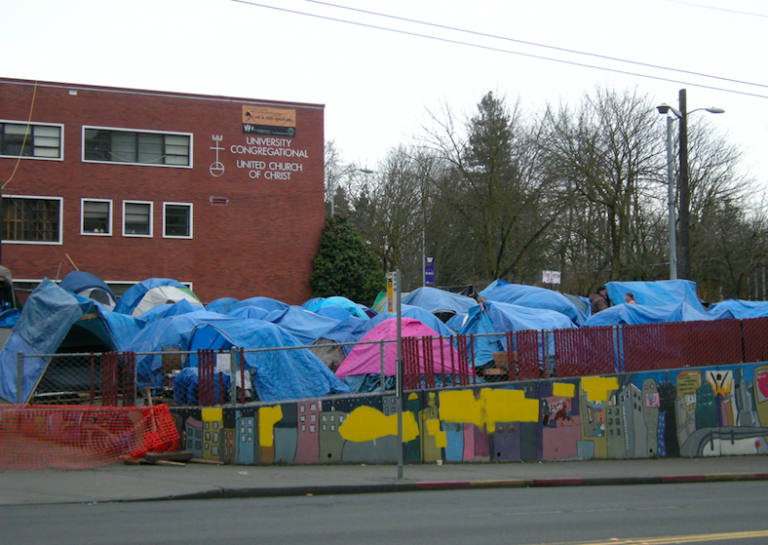The California Department of Social Services has videos on its Facebook page about the governor’s plans and programs to provide services to the state’s mentally ill and its homeless. One video features Health and Human Services director, Kim Johnson, suggesting the 2022 Community Assistance, Recovery, and Empowerment Act, or CARE, has helped the mentally ill obtain care and housing. CARE, according to the state legislature, would help 50,000 people. The governor downplayed that number and claimed CARE would help about 7,000 to 12,000 people.
Neither the video, the legislature nor the governor were truthful. Call it propaganda unless “helping” 22 people (the governor claims 684) out of 7,000, 12,000 or 50,000 a successful $236 million taxpayer investment.
The four-year program to “help people with severe mental illness” created a “CARE Court” that empowered specially trained judges to remand the mentally ill into custody for evaluation then placement into county behavior facilities. Predictably, the state closed most of its mental institutions, so where those 50,000 people were supposed to go was hype, or better stated, propaganda.
CalMatters, a state watchdog, describe the CARE Act as a program that was “to provide mental health services, support, and accountability for Californians living with schizophrenia or other psychotic disorders.” The California courts were to partner with counties to take “custody” of each person, “treat” them for up to 12 months, then release them into a “homelike” setting such as adult or elder care facilities using SSI or the failed Assisted Living Waiver program as payment.
If only 22 persons were helped, the cost per person was over $10 million each. If 684 persons were helped, then the cost was over $345,000 each. Newsom claimed he wanted to empower the courts to “force a government agency to treat a mentally ill patient then compel that patient to ‘stick to the program,’” to quote CalMatters.
Newsom’s “vision” for the program was that many Californians would qualify for the program, but as of July 2025, 528 people voluntarily enrolled in treatment plans, but only 14 were on “court-ordered placement.” The law did not allow for “voluntary enrollment.” Newsom allegedly believed the program would also eradicate “chronic homelessness,” but other programs, totaling over $37 billion, did not solve that problem. In fact, homelessness in California has only increased, and a UC, San Francisco report found that 34% of the state’s homeless are not from California, but other states and countries. A RAND Corporation confirmed the UC study.
Then, Newsom’s “Encampment Resolution Funding Program,” meant to “clear encampments while moving the homeless to ‘housing of some kind,’” has also been ineffective and perhaps just another propaganda stunt. The state legislature stated it cannot determine if taxpayer money had any effect on homelessness, mental illness care or the removal of homeless encampments. The American Civil Liberties Union (ACLU) of Southern California said Newsom engaged in a “political maneuver” to shift the blame for homelessness onto counties.
Newsom’s office stated the counties are to blame for program failures, but the question remains, where is the money? Where is the $236 million and the $37 billion?
Newsom has also used his staff to shift blame for program failures and loss of taxpayer money onto the federal government but only after investigations into fraud discovered the state’s willful but inappropriate spending upon illegal immigrants. CDSS’ Johnson said the move to cut funds to the state was “cruel” and a “harmful step in assaulting Californians in need.” The statement failed to identify that nearly 40% of the state’s population are recipients of welfare benefits and thousands are not legally qualified to receive benefits. The state is attempting to make children the focus of federal abuse, but many children were discovered by the federal government to be trafficked and without parental oversight. The ACLU called out the state claiming its “transparency” on the issues was “window-dressing” because it lacked guaranteed permanent housing.
Investigations into state fraud have begun.

